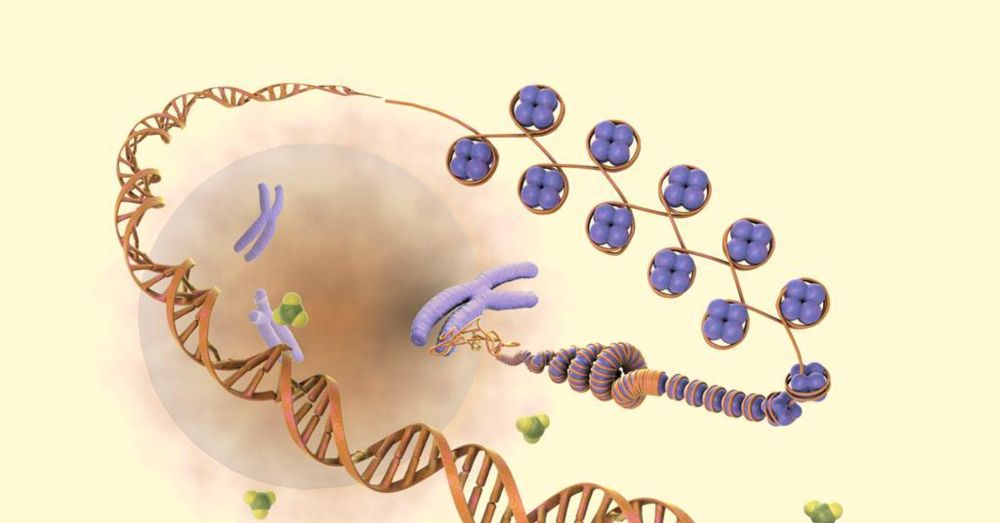Jamie Durrani
@jtdurrani.bsky.social
180 followers
56 following
12 posts
Senior science correspondent for Chemistry World.
Posts
Media
Videos
Starter Packs
Reposted by Jamie Durrani
Neil Withers
@neilwithers.bsky.social
· May 20
Chemistry World
@chemistryworld.com
· May 20

Women's health | Chemistry World
Many medical conditions affect only women, or affect them disproportionately, but women's health has historically been neglected in medical research. In this collection, we look at the gender gap in h...
www.chemistryworld.com
Reposted by Jamie Durrani
Reposted by Jamie Durrani
Reposted by Jamie Durrani
Emma Pewsey
@emmapewsey.bsky.social
· Mar 6
Chemistry World
@chemistryworld.com
· Mar 3

Jobs at Royal Society of Chemistry
Find out more about working for us and view all vacancies including. We continue to ensure an inclusive workplace where opportunities are open to all, and where everyone can belong and bring their tru...
careers-rsc.icims.com
Reposted by Jamie Durrani
Fer
@gomobel.bsky.social
· Mar 4
Chemistry World
@chemistryworld.com
· Mar 3

Jobs at Royal Society of Chemistry
Find out more about working for us and view all vacancies including. We continue to ensure an inclusive workplace where opportunities are open to all, and where everyone can belong and bring their tru...
careers-rsc.icims.com
Jamie Durrani
@jtdurrani.bsky.social
· Mar 3

Jobs at Royal Society of Chemistry
Find out more about working for us and view all vacancies including. We continue to ensure an inclusive workplace where opportunities are open to all, and where everyone can belong and bring their tru...
careers-rsc.icims.com
Reposted by Jamie Durrani
Reposted by Jamie Durrani
Patrick Walter
@patdwalter.bsky.social
· Jan 14

Jobs at Royal Society of Chemistry
Find out more about working for us and view all vacancies including. We continue to ensure an inclusive workplace where opportunities are open to all, and where everyone can belong and bring their tru...
careers-rsc.icims.com




















